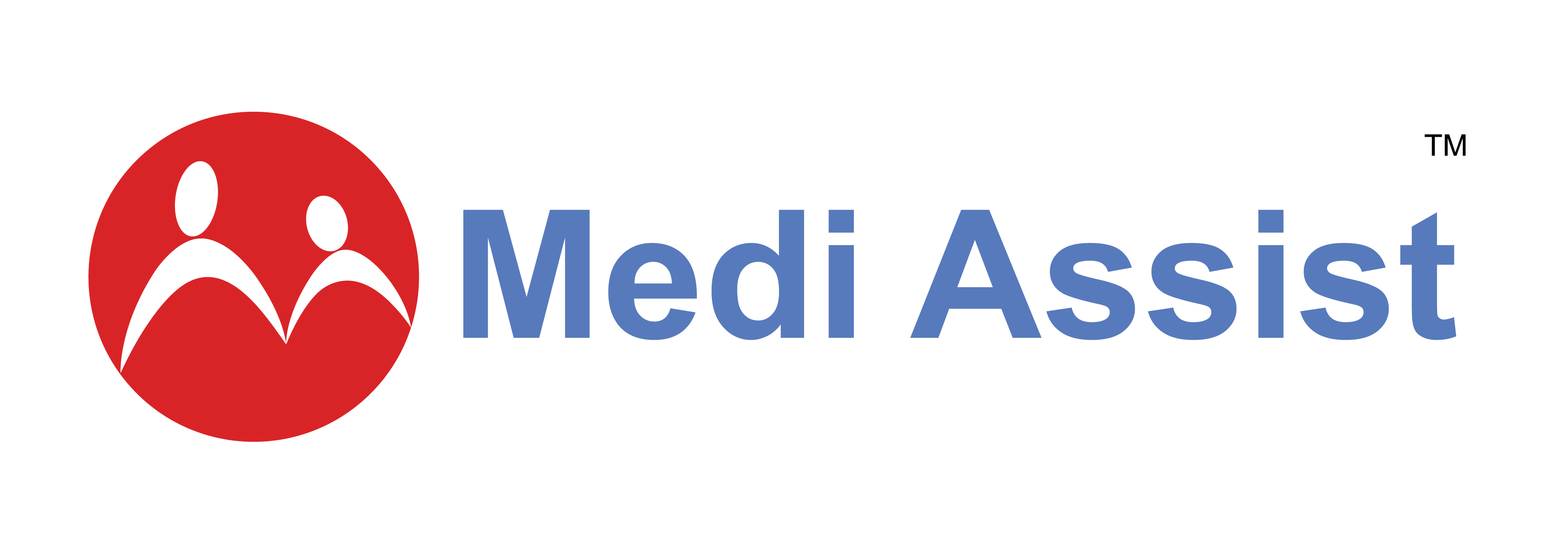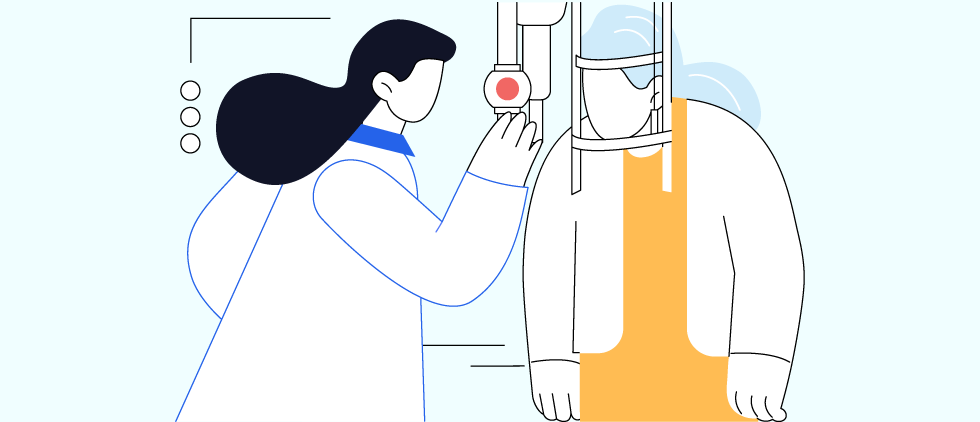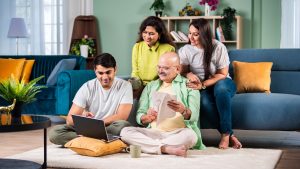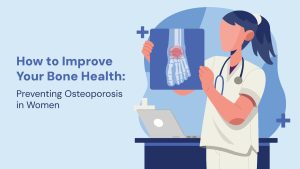Eye problems increase with age. Glaucoma, which can cause vision loss and blindness by damaging the optic nerves, is one such eye condition. Studies suggest about 5% of individuals aged 65 and older develop glaucoma. Elderly people are more prone to both primary open-angle glaucoma (condition of optic nerve damage associated with an open anterior chamber angle) and primary angle-closure glaucoma (appositional closure of the anterior chamber angle which can lead to raised eye pressure). Also, women who experienced menopause before the age of 45 years had a higher chance of developing open-angle glaucoma. Symptoms of glaucoma vary depending on type. Subtle signs of open-angle glaucoma include:
- Blind spots in peripheral vision: Side vision is often the first part of sight affected.
- Tunnel vision: Blind spots and the consequent absence of peripheral vision can lead to tunnel vision. An individual can only see what is directly in front of him.
- Blindness: With the progression of the disease, tunnel vision worsens and leads to blindness.
How does Glaucoma impact seniors?
Increased chances of falling
- Low vision can make older people more prone to missing a step or tripping over something.
- Elderly people are more susceptible to getting badly hurt and take longer to recover.
Depression
- About half of the elderly population with decreased or impaired vision is likely to experience depression to an extent.
Difficulty in accomplishing daily tasks independently
- Loss of vision in elderly people can make it challenging for them to perform everyday tasks.
Treatment of Glaucoma
When glaucoma is suspected, it is crucial to seek medical advice immediately. Common forms of treatment include:
- Prescription eye drops such as prostaglandins, beta-blockers, etc.
- Oral medications
- Laser therapy and surgery
How Can Seniors with Glaucoma Find Support?
- Regular eye exams can help prevent the condition from worsening.
- Appropriate food choices can improve eye health.
- Low vision rehabilitation can aid elderly people in retaining their quality of life even with decreased vision. Older people can learn to adapt and improvise to cope with reduced sight.
Tips to Prevent Glaucoma in Elderly People!
Exercise
- Moderate exercise routines such as a simple walk or jog can help lower eye pressure in older people.
Eye protection
- Serious eye injuries frequently lead to glaucoma, which is why seniors should wear safety glasses or hats. These can also shield their eyes from harmful UV rays.
Normal blood pressure and insulin levels
- To prevent insulin resistance and elevated blood pressure, older people with preexisting comorbidities should reduce the consumption of sugars and grains.
Conclusion
Glaucoma can affect individuals of all age groups and develop at any time; however, the chances of developing glaucoma increase with age due to the buildup of intraocular pressure. Old age is a risk factor not only for glaucoma diagnosis but also for its progression. Glaucoma has implications on the lives of older people, such as increased levels of anxiety, higher risks of falling and difficulty in performing daily tasks independently. Timely diagnosis and appropriate treatment are beneficial.
-Content partner Happiest Health











